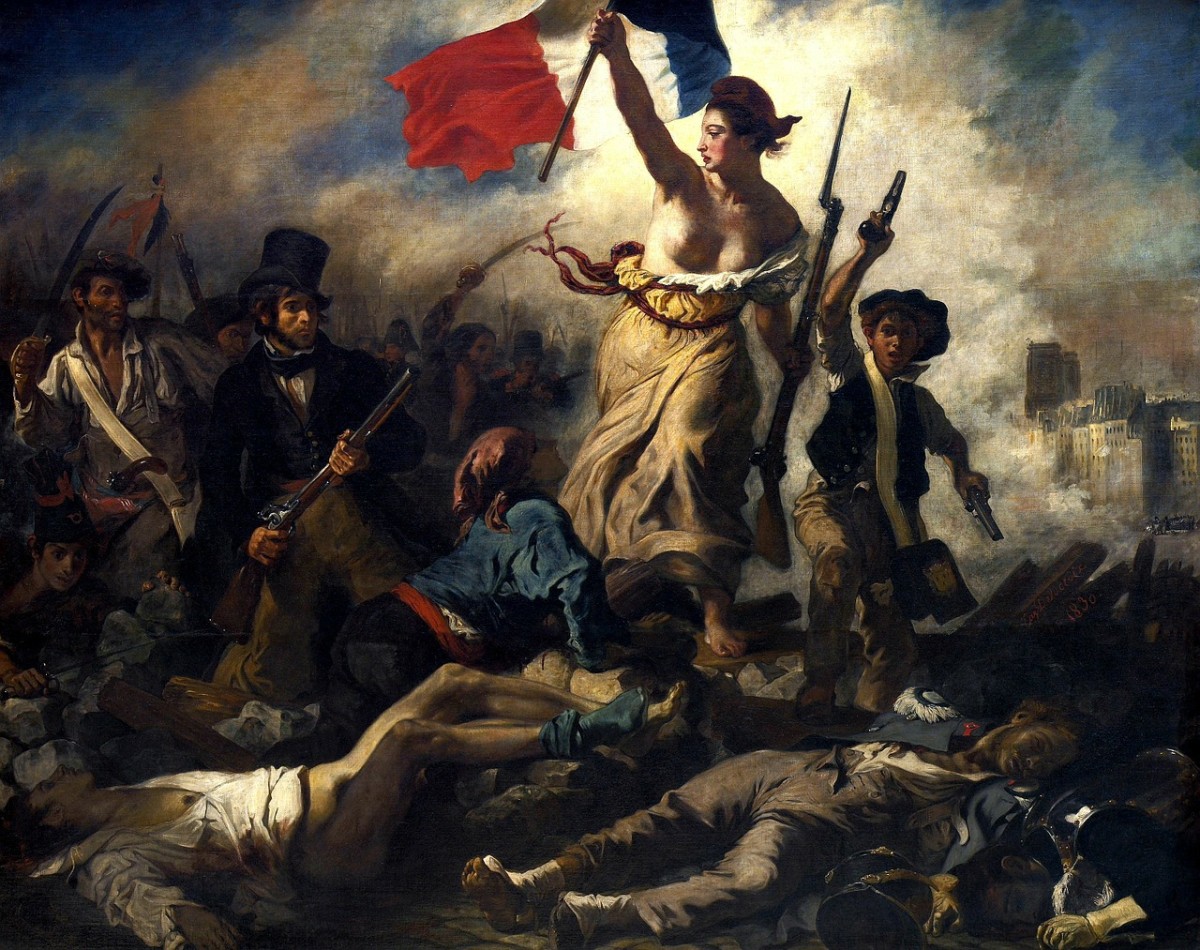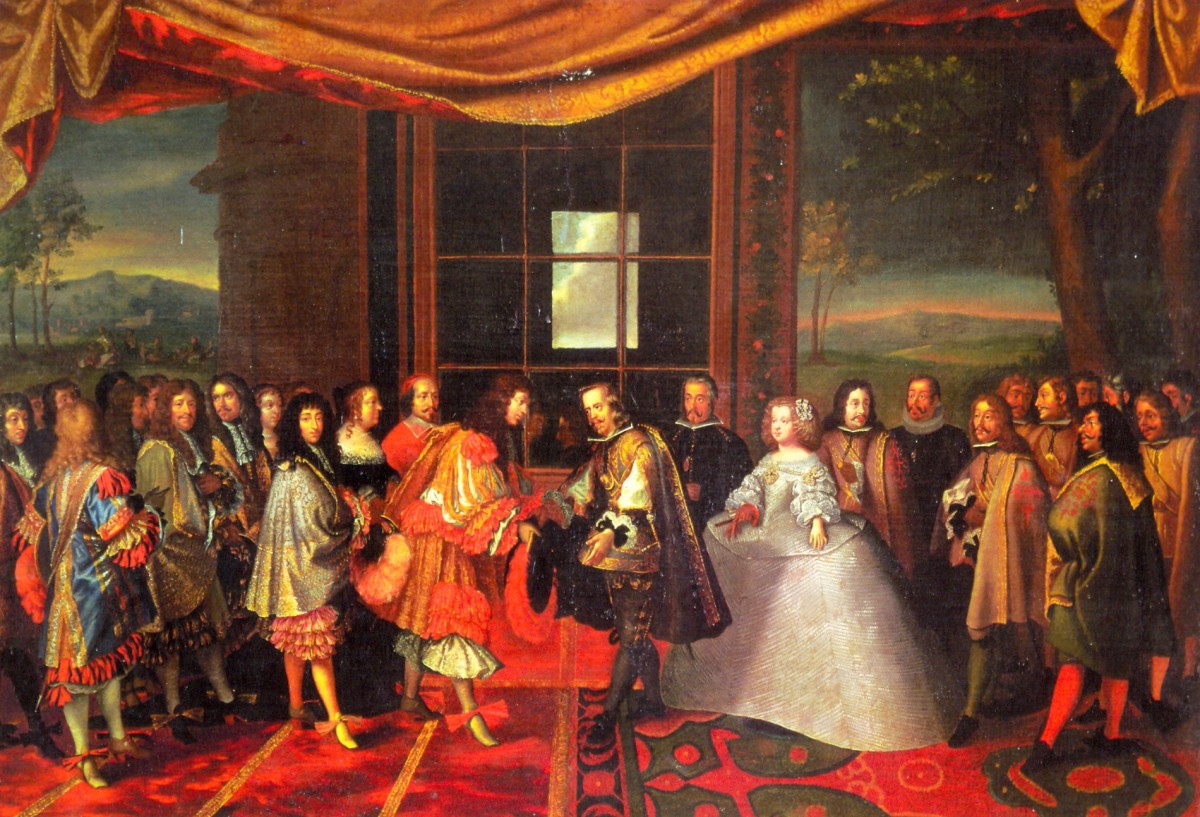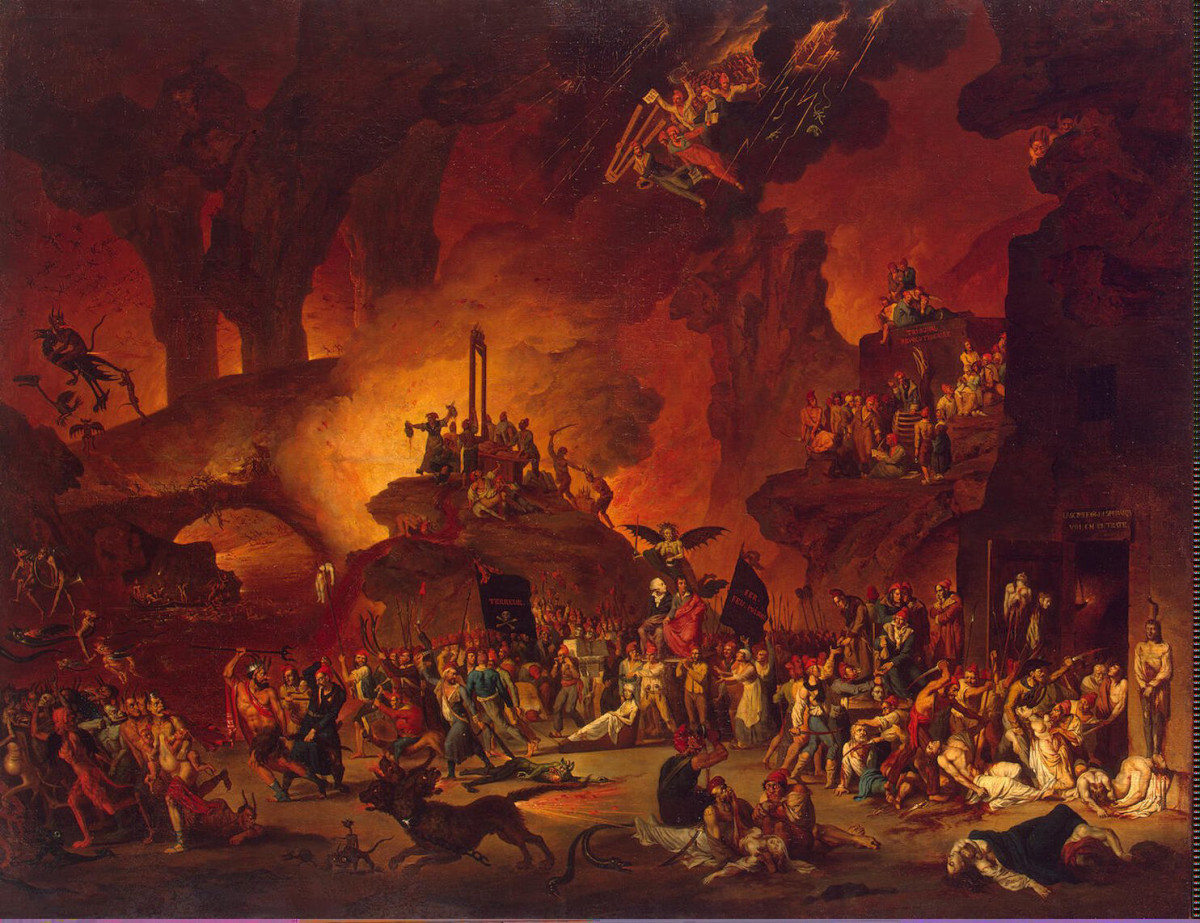- HubPages»
- Education and Science»
- History & Archaeology»
- History of Europe
French Revolution: How Did Economic Instability Lead To Demands For Revolutionary Change?

Change is coming...
Due to a number of factors, by 1789 France's economy was in poor health. Participation in three wars in the 18th century drained France's resources, and due to the lack of a central treasury corruption was common in the taxation system. The misleading financial information Jacques Necker's Compte Rendu (1781) also resulted in France receiving high-interest loans it lacked the capacity to pay back.
The Comptroller-General Charles Alexandre de Calonne recognised in 1786 the need for reforms to give France economic stability, and him trying to fix the economy led to revolutionary change. First, an Assembly of Notables was called (February - May 1787) to vote on taxation reforms written by Calonne. Calonne had called the Assembly of Notables to vote on his reforms, as they could be carefully selected, and he assumed the would easily agree to his reforms. He was wrong. The Notables demanded to "scrutinize the royal accounts" before voting, which was revolutionary because essentially the Assembly of Notables were essentially holding the King responsible to someone other than God, which was unheard of in an absolute divine right monarchy.
Secondly, the Assembly of Notables wanted to go further than Calonne had on some of the taxation reforms, saying that they believed the corvee (a labour tax for some members of the Third Estate, which was going to become a monetary tax under the new reforms) should be paid by everybody, which was a revolutionary way of thinking because it removed a privilege from the first two estates. This radical thought demonstrates that they knew there was economic instability in France and that something needed to be done about it.
Third, after the Assembly of Notables taxation reform attempt fizzled out, the King was publicly undermined by the Parlements, who would not pass the taxation reforms (July 1787-May 1788). The Parlements painted themselves as the "Champion of the People" and refused to support the King, even after a lit de justice (a legal session in which the King himself was present, in order to force the law changes). This led to the King sending the Parlement away on 8 May 1788, leading to point number four.
The Third Estate publicly defied the King, such as in the Day of Tiles (10 June 1788) during which the residents of Grenoble threw tiles at the King's soldiers escorting their Parlement members away. Writing the Book of Grievances (Cahiers de Doleances) between August 1788 and May 1789 also the Third Estate a voice.
The desire for economic stability led to revolutionary change through defiance of the King (previously unheard of): first by the Assembly of Notables, then the Parlements, and finally the Third Estate.








